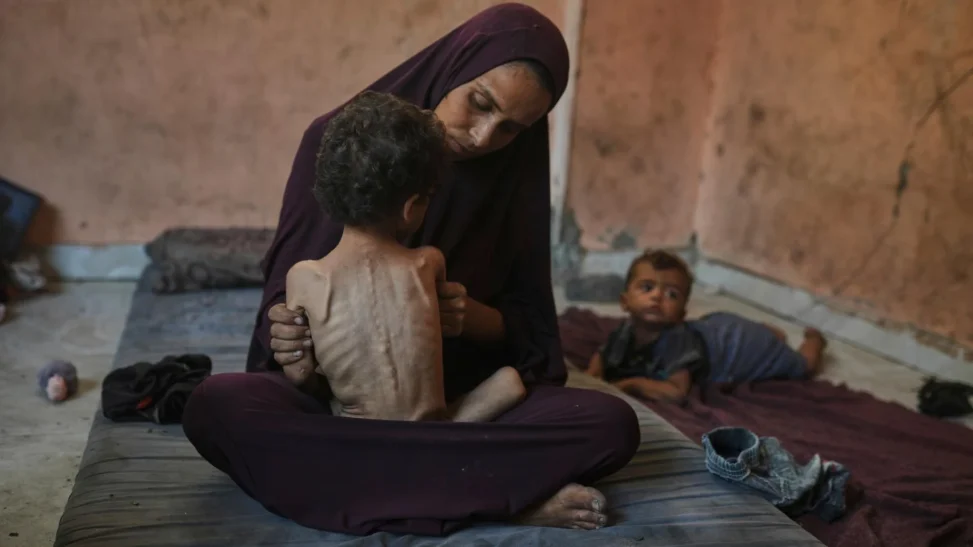When confronted with relentless news about the suffering of Palestinians in Gaza, particularly children, it’s tempting to grow numb. Repetition can desensitize us, turning profound tragedies into mere images on our phones. Yet, these are not abstract pixels—they are flesh and blood human beings. Each face represents someone with dreams, hopes, fears, and aspirations, just like the rest of us.
Take, for example, the severe famine currently gripping Gaza. The Guardian and international organizations report that more than 20% of Gaza’s population is facing extreme food shortages, with a third of children suffering from acute malnutrition. The death toll, predominantly civilians, has surpassed 60,000, many due directly to starvation. Behind these staggering statistics are parents begging for help, children whose cries go unanswered, and lives destroyed by circumstances beyond their control.
Another tragic instance is the harrowing story of Shaban al-Dalou, a 19-year-old software engineering student killed alongside his mother during a hospital attack in December 2024. A top student with hopes of building a future abroad, Shaban’s dreams—and ultimately his life—were extinguished in flames. Such personal tragedies remind us that these narratives are not distant news items but raw, painful realities demanding our empathy and action.
Understanding history should intensify our empathy and deepen our discomfort with injustice. Ignoring history numbs us to the oppression unfolding in the present.
The establishment of Israel in 1948 marked a turning point, with approximately 750,000 Palestinians—about 80% of the Arab population—expelled or forced to flee their homes in an event known as the Nakba, or “catastrophe.” Hundreds of villages and cities were destroyed or emptied. The execution of Plan Dalet, a strategy orchestrated by Israeli leadership and militia groups such as Haganah and Palmach, systematically facilitated this ethnic cleansing. By overlooking this crucial historical context, we risk normalizing oppression and perpetuating collective amnesia.
The genocide of Jews during the Holocaust is undeniably one of humanity’s darkest chapters. However, acknowledging this horror should never silence criticism of contemporary injustices. The tragic irony today is seeing a similar suffering imposed upon Palestinians in Gaza. Historical trauma cannot justify or legitimize new atrocities. The world’s collective reluctance to critique Israel openly—stemming from understandable guilt over past atrocities—does a disservice to justice. True empathy demands condemning oppression unequivocally, no matter the identity of the oppressor or the oppressed.
Israel’s profound influence in American politics is not coincidental but strategic and deeply rooted. Groups such as AIPAC (American Israel Public Affairs Committee), formed in the 1950s, are among the most powerful lobbying entities in Washington. They provide substantial financial contributions to election campaigns, organize fully sponsored congressional visits to Israel, and maintain influence over legislative caucuses.
Studies reveal that such lobbying efforts have consistently steered U.S. foreign policy decisions in Israel’s favor. AIPAC’s involvement has been cited as a primary reason why criticism of Israel remains politically costly and rare among American lawmakers. This intricate network of lobbying and financial influence significantly shapes the United States’ global stance, often to the detriment of impartiality and justice.
By recognizing the humanity behind the statistics, understanding the historical roots of the conflict, acknowledging the painful ironies of history, and critically examining political influences, we can begin addressing the injustices in Gaza. Our collective conscience demands it; our shared humanity necessitates it. History is watching—and it compels us to choose empathy over apathy.

